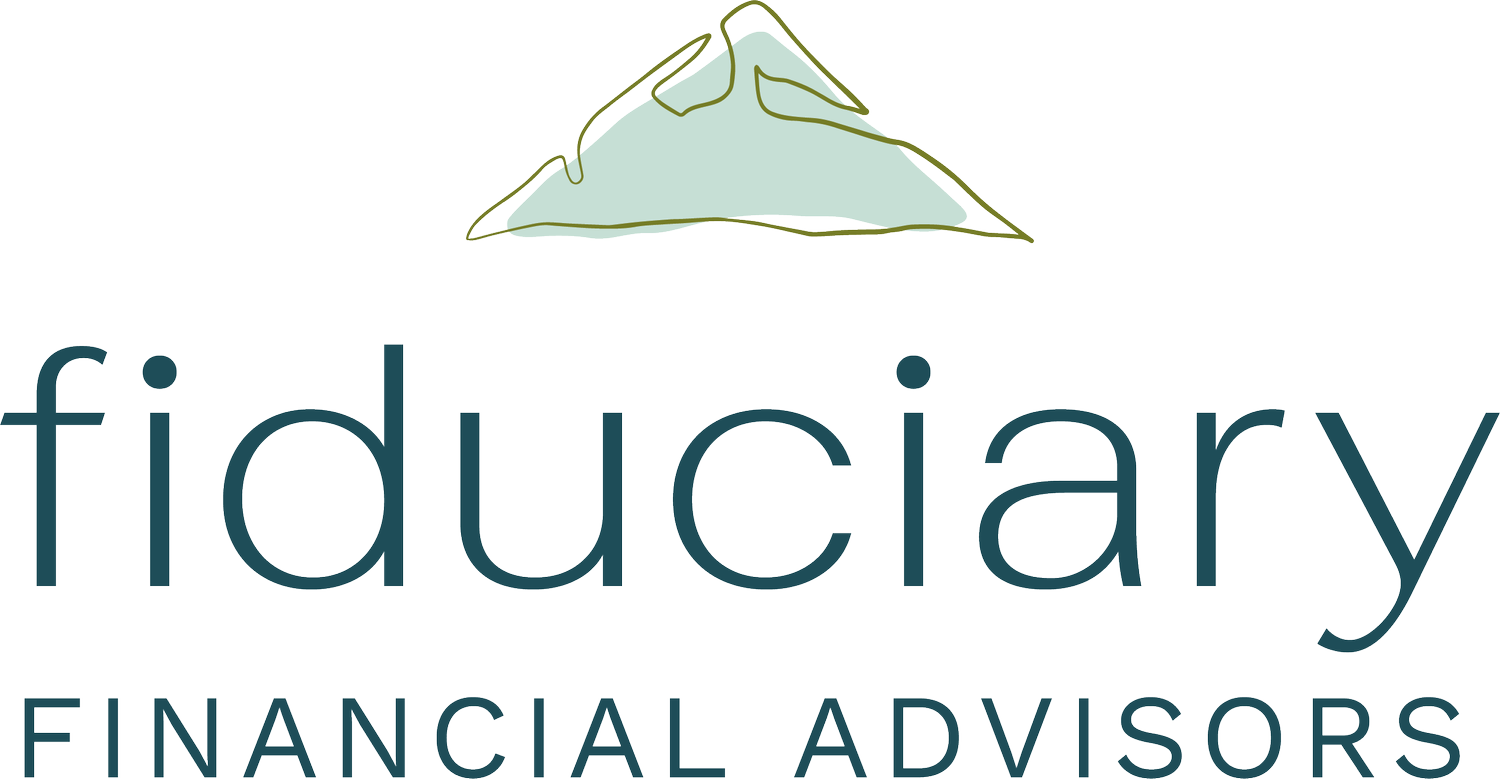Healthcare Costs Threatening Your Retirement?
Plan Now to Protect Your Wealth (And Sanity)
For successful professionals and thriving business owners, achieving financial freedom is a journey mapped with investments, tax optimization, and legacy planning. You're not in retirement yet, but you're wisely looking ahead. However, a less-talked-about, yet potentially devastating, financial drain often lurks in the shadows, with the power to unravel even the best-laid plans: how healthcare costs impact retirement. These expenses, vital for ensuring the longevity to enjoy your carefully crafted financial plan, can be both unpredictable and substantial, presenting a unique challenge to your long-term financial goals and overall peace of mind.
You've dedicated years to building your wealth with diligence and foresight. Our objective now is to ensure that medical expenses, whether anticipated or a sudden surprise, never compromise your ability to grow assets or secure your family's future when you do reach retirement. With proactive planning for healthcare costs in retirement, these potential drains can be effectively managed, becoming a predictable component of your comprehensive financial picture rather than an unexpected and sanity-gutting threat to your future.
As a financial advisor specializing in integrating healthcare cost planning into broader financial strategies for clients like you, who are actively planning for retirement, I've compiled eight practical approaches. This guide will help you confidently manage these potential expenses now, keeping your financial progress steady and your future wealth secure.
Key Takeaways From This Article:
● Understand your current medical spending
● Plan ahead for expenses when possible
● Make sure your health plan works for you
● Take full advantage of your health benefits
● Comparison shop for medical services
● Maximize HSAs and FSAs
● Consider medical expense tax deductions
● Explore long-term care insurance
Understanding Your Current Medical Spending: A Baseline for Future Planning
Effective management of future healthcare needs begins with clear data. Take stock of your current healthcare expenditures to identify where your money is going. Reviewing past bills, bank statements, or patient portals can provide a comprehensive overview of your medical spending habits. This baseline is critical when you're planning for healthcare costs in retirement. Some key data to collect are items such as:
● Monthly health insurance premiums
● Copays and Coinsurance
● Prescription costs
● Vision and dental expenses
● OTC drugs and medical devices
Proactive Planning for Anticipated Medical Expenses: Don't Get Caught Off Guard
While medical emergencies are unforeseen, many healthcare costs can be planned for well in advance. Treating these expenses as a predictable part of your financial landscape allows for strategic preparation, safeguarding your retirement savings from medical costs. Some to consider are:
● Ongoing treatments for chronic conditions
● Maternity expenses or costs related to family expansion
● Elective procedures
● Genetic/hereditary conditions that will need to be addressed
Considering your family's health needs with a long-term perspective can help determine appropriate coverage and potential savings. Establishing a dedicated fund; such as an HSA, FSA, or even a cash reserve can ensure you're prepared without impacting your long-term strategy or incurring debt as you save for healthcare in retirement.
Optimize Your Health Plan: Is Your Coverage Aligned with Your Future Needs?
It's a common misconception that more extensive health coverage automatically equates to the best value, especially when planning for healthcare costs in retirement. Periodically assessing your health plan is crucial to ensure it aligns with your actual usage and your long-term financial objectives. Are you paying for benefits you rarely utilize, or are out-of-pocket costs becoming a burden?
● Low-Deductible Health Plans (LDHPs): These plans typically feature higher monthly premiums but lower out-of-pocket costs for medical services. They may be suitable for individuals with chronic health conditions or regular medical needs, providing immediate financial predictability.
● High-Deductible Health Plans (HDHPs): Characterized by lower monthly premiums and higher deductibles, these plans often offer eligibility for a Health Savings Account (HSA), which offers significant tax advantages for saving for future medical expenses. HDHPs can be an effective choice for healthy individuals with fewer anticipated medical expenses, particularly those focused on building substantial HSA for retirement planning.
Andrew's Insight: For many of my clients, an HDHP combined with an HSA proves to be a fiscally sound strategy. The blend of lower premiums and a tax-advantaged savings vehicle for future medical costs offers both immediate and long-term benefits, helping you fortify your retirement planning against medical costs.
Maximize Available Health Benefits: Don't Overlook Valuable Resources for Future Wellness
Your health plan often includes more than just coverage for illness or injury. Utilizing preventive care and wellness programs now can lead to both health improvements and financial savings by addressing issues before they become more complex or expensive, thereby reducing medical expenses in retirement.
● Annual physicals and routine screenings: These are an investment in your long-term health, helping to prevent more significant health issues down the road.
● Mental health services, fitness discounts, and wellness initiatives: Many plans offer these, contributing to overall well-being and potentially reducing your future healthcare needs.
Andrew's Insight: If a claim is denied, investigate. Errors occur, and a simple inquiry can often resolve coverage issues, saving you from unnecessary expenses. It’s a small effort now that can yield tangible financial returns later, protecting your retirement savings from medical costs.
Comparison Shop for Medical Services and Prescriptions: Smart Spending for Today and Tomorrow
When you can plan ahead for medical expenses, use the time to shop around for better pricing. Collaborate with your healthcare provider and insurer to obtain accurate cost estimates. Compare costs for prescriptions, procedures, and medical appointments (without sacrificing quality, of course). Generic medications, for instance, are often a cost-effective alternative to brand-name drugs, helping you stretch your healthcare budget as you plan for healthcare costs in retirement.
Leverage HSAs and FSAs: Powerful Tools for Saving for Healthcare in Retirement
If eligible through an HDHP, a Health Savings Account (HSA) is an invaluable tool for saving for healthcare in retirement. Similarly, Flexible Spending Accounts (FSAs), if offered by your employer, can provide significant tax advantages for common medical expenses such as copays, dental work, prescriptions, and vision care. These accounts are crucial for optimally planning for medical expenses in retirement.
Be aware, however, that there is a variation in utility between HSAs and FSAs, especially regarding their long-term potential for retirement planning:
● HSAs: These accounts offer a triple tax advantage: pre-tax contributions, tax-free growth, and tax-free withdrawals for qualified medical expenses. This translates into substantial tax efficiency for your healthcare spending. These accounts can accumulate value year after year and are portable, meaning they are not tied to a specific employer, making them ideal for long-term medical expenses retirement savings.
● FSAs: Funded with pre-tax dollars, these accounts typically operate on a "use it or lose it" basis within the plan year, though some employers offer limited grace periods. This account is employer-sponsored, meaning if you are to leave your employer, any funds in the account are forfeited. While useful for current expenses, they lack the long-term retirement savings benefits of an HSA.
Andrew's Insight: Beyond immediate expenses, an HSA can serve as a potent long-term savings vehicle. Funds roll over annually and can be invested, growing tax-free. Consider covering future medical needs in retirement with an account that has compounded tax-free for decades. This is a powerful component of comprehensive financial planning for healthcare and a key strategy to mitigate how healthcare costs impact retirement.
Consider the Medical Expense Tax Deduction for Significant Costs: A Potential Relief Valve
For years with unusually high medical expenditures, you may be eligible for a tax deduction. If your qualified unreimbursed medical expenses exceed 7.5% of your Adjusted Gross Income (AGI) and you itemize deductions, this can provide notable tax relief, helping to alleviate the burden of significant medical expenses on your retirement savings.
Eligible expenses can include:
● Fees for doctors, specialists, and mental health professionals
● Inpatient hospital care
● Prescription medications
The IRS has a complete list of medical expenses which are eligible for deducting.
Long-Term Care Insurance: Safeguarding Your Legacy
While Medicare provides crucial support once you reach retirement, its coverage for long-term care needs, such as in-home care, assisted living, or nursing facilities, is limited. Long-term care insurance fills this critical gap, helping to protect your accumulated assets and ensuring that future care costs do not erode your legacy plans or retirement savings.
Exploring this option earlier can lead to more favorable premiums. For example, acquiring a policy in your 40s when in good health typically results in lower costs than waiting until later in life when health issues may arise. This proactive step is a key part of planning for healthcare costs in retirement and securing your financial future.
Ready to Integrate Healthcare Planning into Your Financial Strategy?
Managing healthcare costs doesn't have to be a source of stress as you plan for retirement. As part of your holistic financial plan, we can help you strategically address these expenses. Our objective is to ensure that medical costs are a managed component of your financial journey, allowing you to focus on achieving financial freedom and securing the legacy you envision for your family.
Questions we can solve together:
● How can I plan for the costs of a future medical procedure?
● I don't have access to an HSA; where should I save money for future medical expenses that might arise?
● How much should I contribute to my HSA to maximize its benefits for my financial future and retirement planning?
● What are the best strategies for saving for healthcare in retirement given my specific financial situation?
● How can long-term care insurance fit into my overall retirement plan?
Recent Articles Written By Andrew:
Recent Publications Featuring Andrew:
Podcasts Featuring Andrew:
Fiduciary Financial Advisors, LLC is a registered investment adviser and does not give legal or tax advice. Information presented is for educational purposes only and does not intend to make an offer or solicitation for the sale or purchase of any securities. The information contained herein has been obtained from a third-party source which is believed to be reliable but is subject to correction for error. Investments involve risk and are not guaranteed. Past performance is not a guarantee or representation of future results.
Fiduciary Financial Advisors does not give legal or tax advice. The information contained does not constitute a solicitation or offer to buy or sell any security and does not purport to be a complete statement of all material facts relating to the strategies and services mentioned.
















It’s not about a magic net worth number; it’s about the complexity of your life. Discover why high-earning professionals and business owners are moving away from DIY management and how to distinguish between a salesperson and a true fiduciary partner who is legally bound to put your interests first.